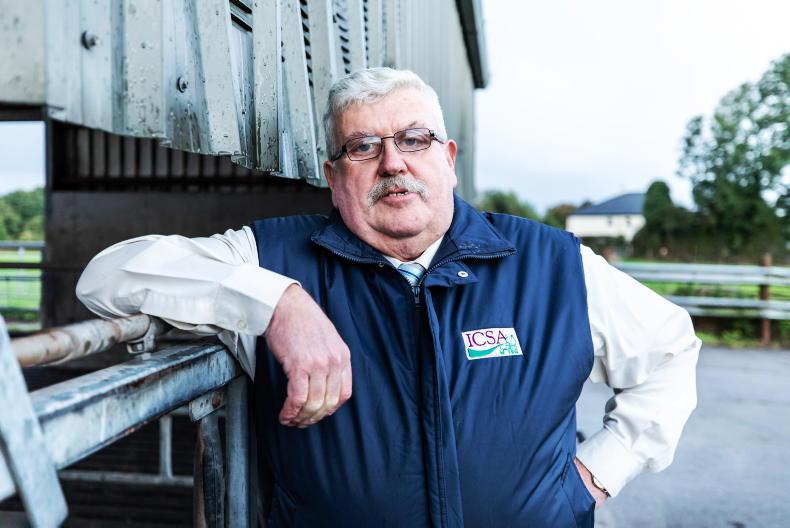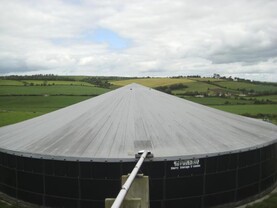ICSA president Dermot Kelleher has described Minister for Agriculture Charlie McConalogue’s strategy for the beef and sheep sectors as being “in disarray” following the revelation of his CAP plan.
“I cannot understand how the Minister will agree with the direction of his Department where suckler cows, which involves over 60,000 farmers, is getting about the same allocation as the organic scheme which currently covers some 1,800 farmers,” said Kelleher.
On Wednesday, a new suckler carbon efficiency scheme was allocated funding of €260m, while organic farming was allocated €256m over five years.
“The organic target is to find another 6,500 farmers but even if this target is met, it will be still a small fraction of the number of suckler or sheep farmers,” said Kelleher.
“Sheep farmers will also be very angry at this. While ICSA agrees that we need to increase the organic sector, the allocation of €256m is massive compared to €100m for the entire sheep sector.
“It is shocking that no consideration has yet been given to our proposal for a beef finishers’ scheme which has the potential to deliver a substantial decrease in national emissions.”
BEEP scheme
Kelleher said that his organisation was told that there would be a separate BEEP scheme, which will involve additional funding from the exchequer.
“However, the weighing measure which is the cornerstone of the BEEP is being moved to the suckler scheme. How then can the BEEP scheme be maintained if its very essence has been sliced off?” he asked.
He added that if the commitment to BEEP was real, it would be included this time as an integral part of the CAP plan, not as an annual request in the budget.
“Schemes that only exist on a year-to-year basis and which are contingent on a government bequest at budget time do not inspire confidence,” he maintained.
Beef finishers
He said his members were frustrated that there was no attempt to support the beef finishing sector.
“This sector is being hit very hard by the flattening of payments. The ICSA proposal helps this sector but equally it is targeted at helping deliver a key element of the AgClimatise strategy, which points to the reduction of slaughter age as a key driver of reducing national emissions,” he said.
“As it stands, it looks like the dairy herd will continue to expand and I think it will hit 1.8m cows before the first payments are made under the new CAP. How can we have balance if we have no effort to support the very farmers who are needed to feed all the bull calves that will be born in the dairy herd?” he asked.
He accused Department of Agriculture officials of creating a CAP package that was “neither coherent nor balanced”.
“The clear message is to switch to dairying for as many farmers as possible,” Kelleher maintained.
Referring to the new agri-environment scheme, he said that the average of payment of €5,000 for some 30,000 farmers was not enough, given current rising costs.
“The co-operative agri-environment scheme in theory delivers a maximum €10,000, but I am very concerned that it will be difficult to get this up and running and it would have possibly been wiser to include this as a pilot scheme.”






 This is a subscriber-only article
This is a subscriber-only article










SHARING OPTIONS: